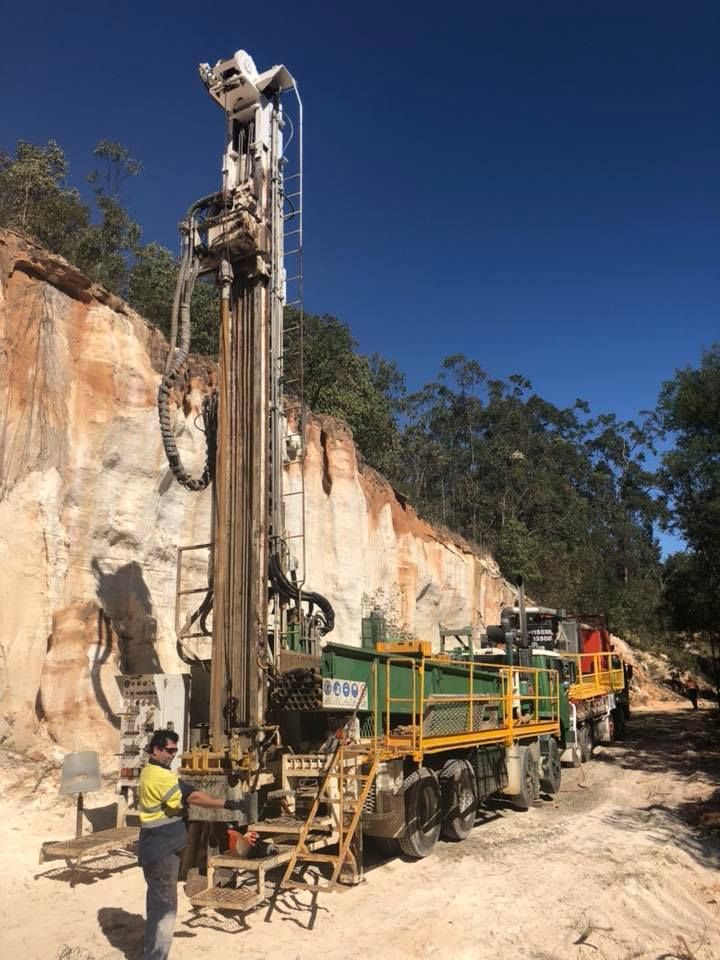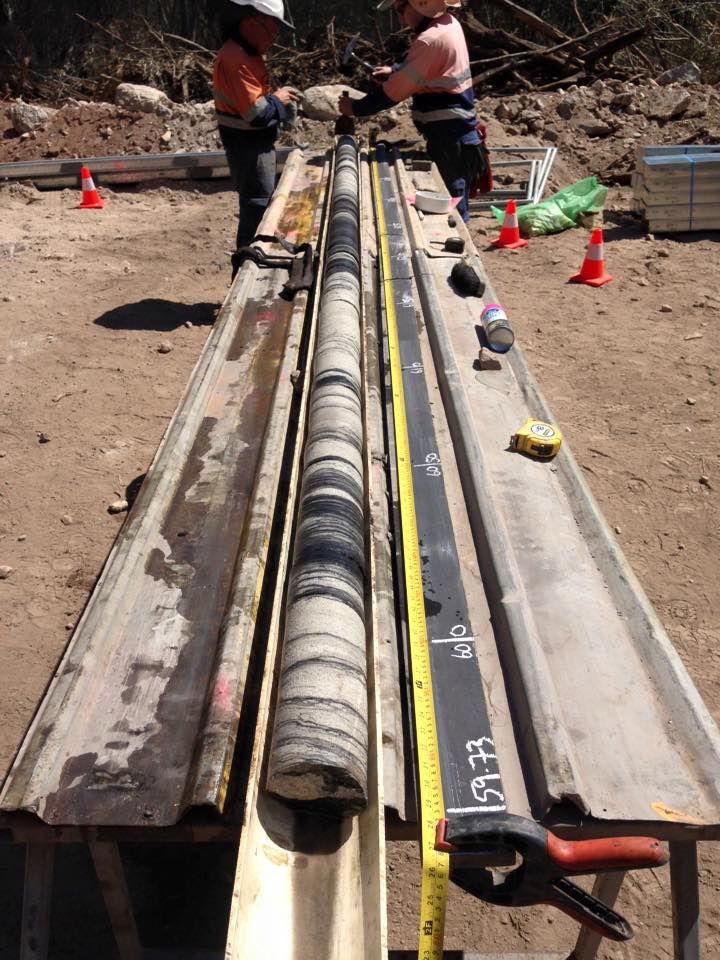Exploration Drilling in Toowoomba
- Groundwater monitoring & contamination checks for environmental compliance
- Detailed sampling & reporting to support mining & land development
- Locate coal seams & mineral deposits with precision drilling techniques
Toowoomba Exploration Drilling
Exploration drilling isn’t just about finding what’s underground—it’s about knowing what you’re working with before any big decisions are made. At Kowaltzke Drilling Services, we provide expert exploration drilling across the Toowoomba region, helping clients in mining, infrastructure and environmental sectors get accurate subsurface data.
Whether you’re identifying coal seams, monitoring groundwater or testing for contamination, our team delivers precise and professional results you can build on. We understand how critical timing and detail are for these types of projects, especially when there’s planning, reporting or compliance involved.
We offer reliable exploration drilling backed by experience, safety and local knowledge. Call
07 5462 1161 today to speak with our team or book a site visit.
Quality Subsurface Data
Good data starts with a good drill. Our exploration drilling services are designed for both initial site investigations and long-term monitoring programs. We use the right tools for the terrain—whether it’s soft soil or hard rock—and adjust techniques to collect clean, usable samples with minimal disruption.
From environmental monitoring wells to mineral sampling and geotechnical boreholes, we work closely with each client to meet specifications and deliver results that stand up to scrutiny. With our focus on accuracy, safety and communication, we make sure that your drilling program runs smoothly from the ground up.
If your project relies on quality subsurface data, we’re here to help with dependable exploration drilling services. Let’s get started.
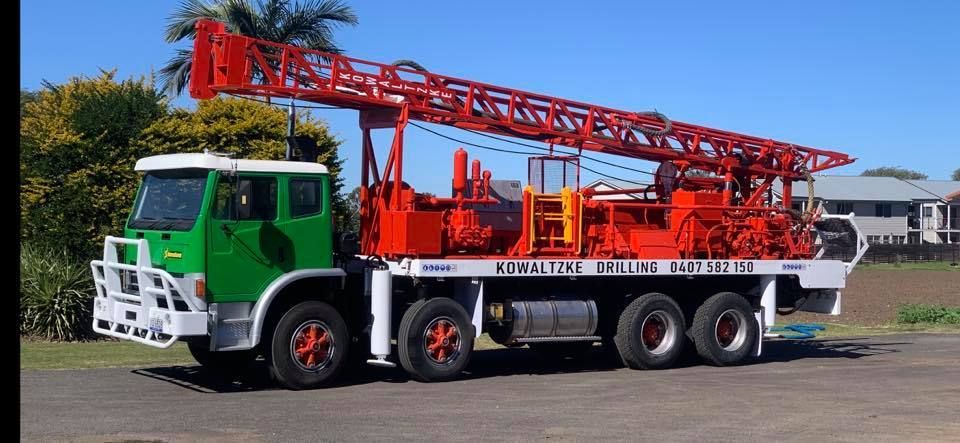
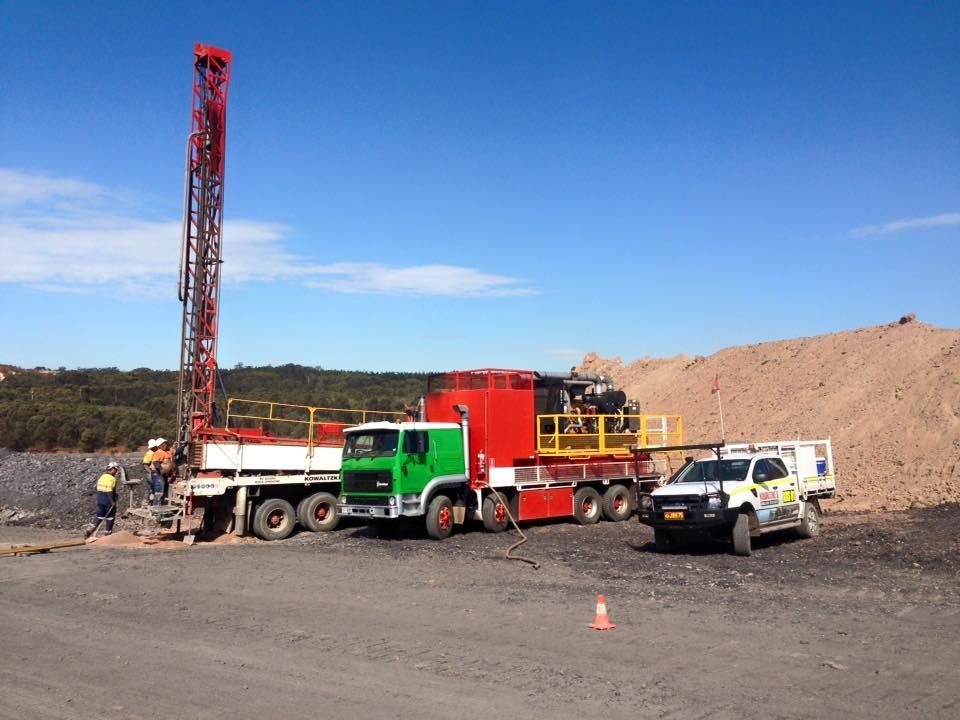
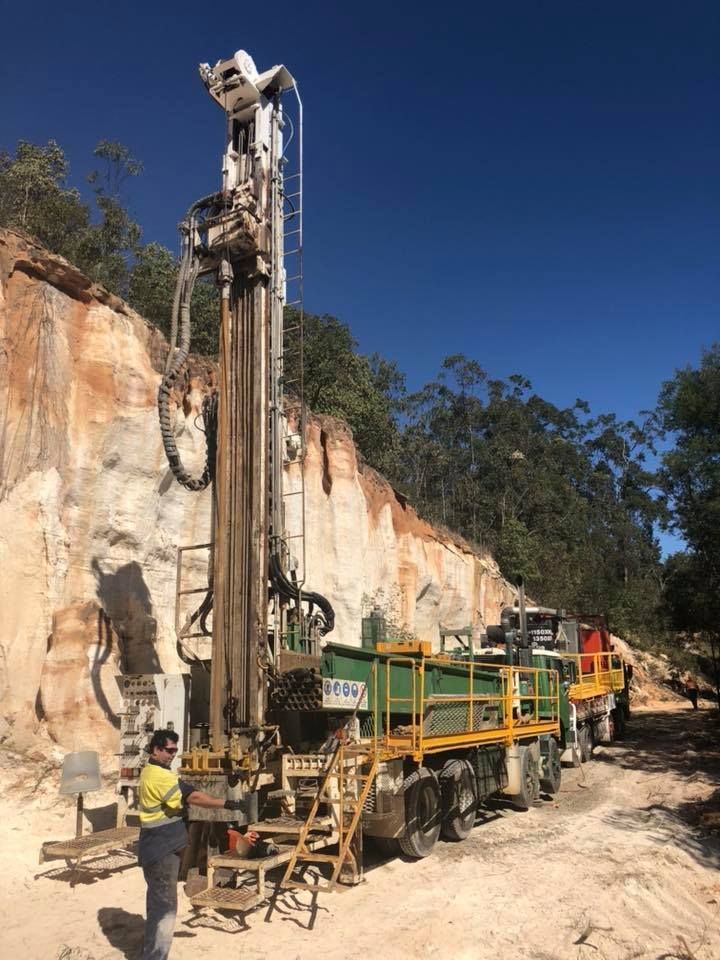
Frequently Asked Questions
What is exploration drilling used for?
Exploration drilling is used to investigate subsurface conditions before construction, mining or environmental projects begin. It helps identify mineral deposits, groundwater levels, soil types or contamination, providing vital data for feasibility studies, design planning or regulatory compliance in industries like mining, agriculture, infrastructure and environmental management.
What are the types of exploration drilling?
Common types include rotary drilling, diamond core drilling, and reverse circulation (RC) drilling. Each method is suited to different conditions and project goals—rotary for quick boreholes, diamond core for precise sampling, and RC for efficient mineral exploration with minimal contamination of collected samples.
How deep can exploration drilling go?
Exploration drilling depths vary based on project requirements and geology. Shallow environmental or groundwater bores may be less than 50 metres, while mineral exploration can extend several hundred metres deep. The method, equipment and ground conditions all influence how deep a borehole can be drilled safely and effectively.
